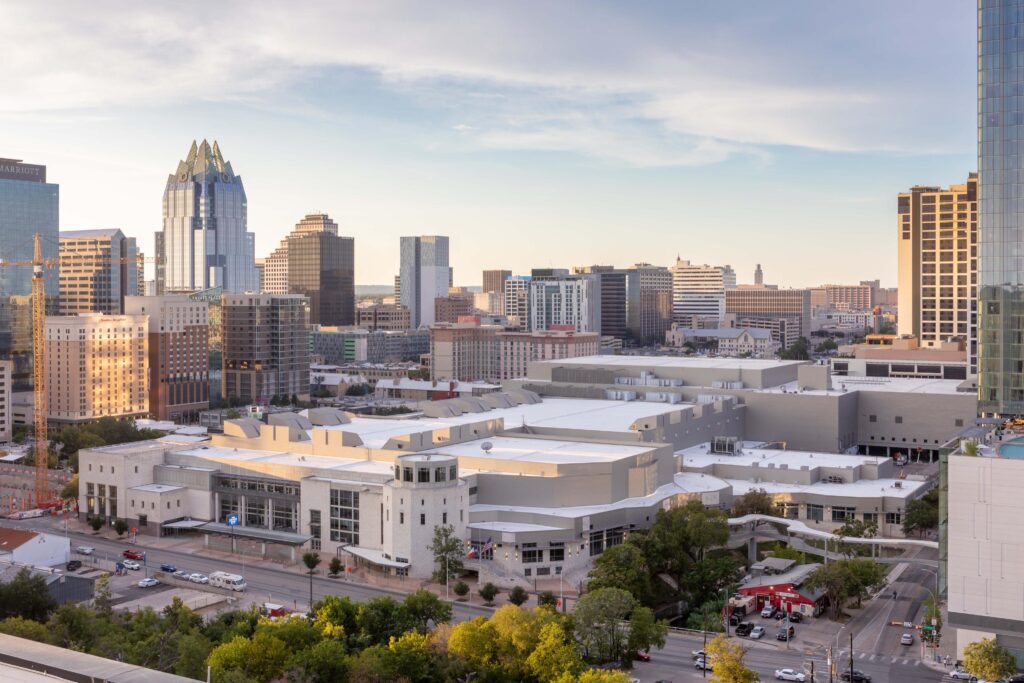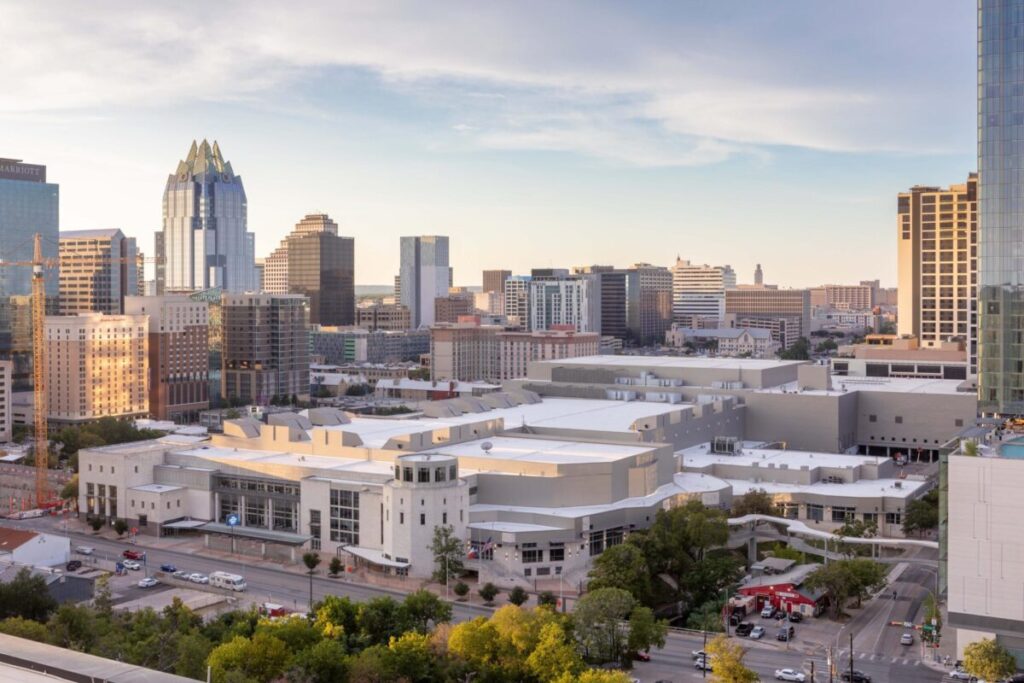
The Austin City Council approved plans to create a Tourism Public Improvement District (TPID). It will generate new revenue during the Austin Convention Center (ACC) expansion that begins in May.
Hotels across the city with more than 100 rooms will fund the area through a 2 percent nightly room charge. It is estimated that TPID will generate approximately $390 million in revenue over 10 years.
This 2% fee will provide an incentive for meeting and convention business to continue to be held in Austin, even if the convention center is closed. Funds may be used to pay for conference room rentals, shuttle bus fares, or hotel room rebates, subject to approval by the TPID Board of Directors.
Visit Austin President and CEO Tom Noonan emphasized that the city will continue to host events during construction. “We will not close our convention business between ’25 and ’29. Even if the convention center closes, we will still host conventions in the city. Our focus will be on group meetings at our hotels,” he said.
The center will close after the South by Southwest event on April 1, 2025. Demolition began in May.
Convention center to close for four years
Austin will lose its major convention center in four years. City leaders say the closure is inevitable. Noonan explained that Austin lost 50% of its lead due to the current lack of space under center.
“Austin is the 11th largest city in the United States, but we currently have the 59th largest convention center,” Noonan said. “This new center allows us to be more competitive within the state and against key national competitors.”
Several hotels have partnered in a “series” of events hosted by the Austin Tourism Bureau. They provide planners with streamlined multi-property solutions for hosting events in the city.
Funding will keep Austin competitive
TPID launches on January 1, 2025, and series begins on April 1, 2025.
“This funding will help us maintain Austin’s competitive edge in hosting meetings and events, ensuring we continue to attract significant convention business, leisure travel and economic activity,” Noonan said. “By devoting more resources to tourism promotion, we can not only boost the overall visitor economy but also build a supportive bridge for our industry during this important infrastructure upgrade.”
The Austin TPID will operate for ten years, until 2035. In addition to covering lost hotel stays while the convention center is closed, the funds will help cover expansion costs when the ACC reopens in 2029.
The Texas Hotel and Lodging Association, Austin Hotel and Lodging Association, Visit Austin, Austin Convention Center Department, city staff, hotel owner groups and industry consultants worked together to make TPID possible.

